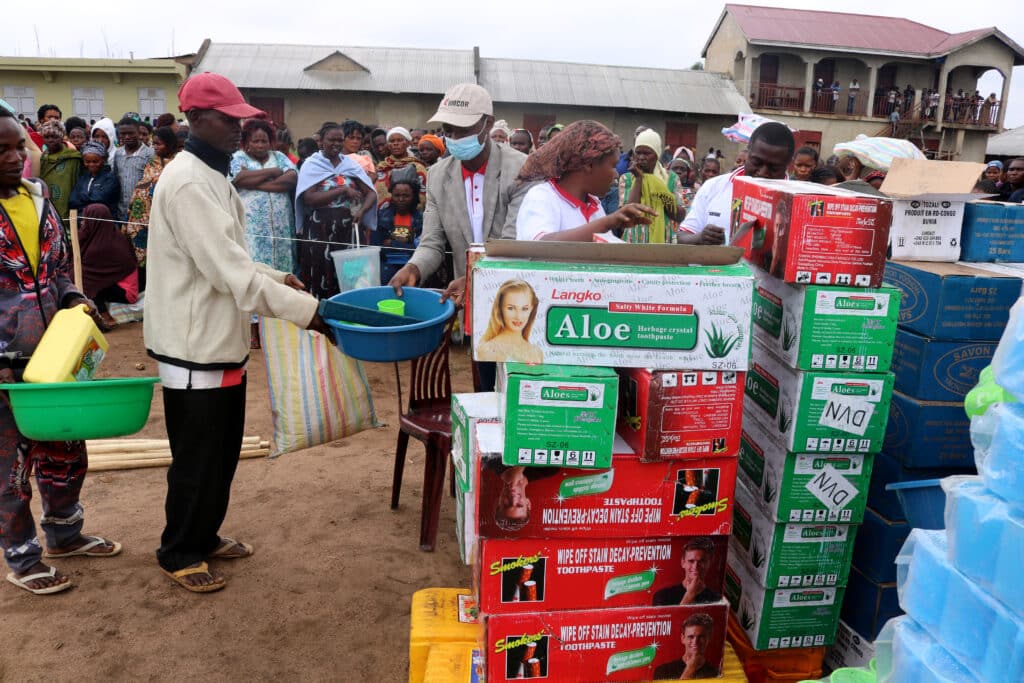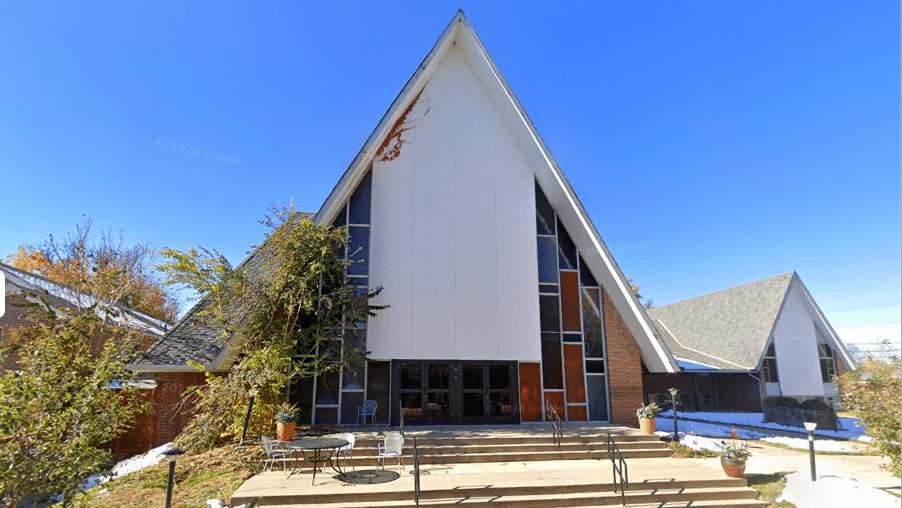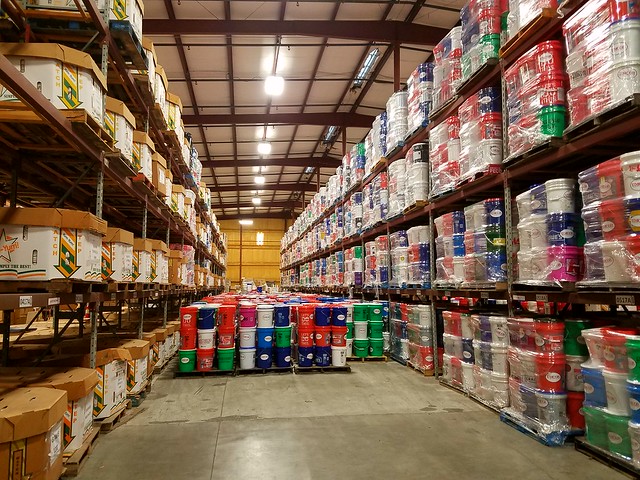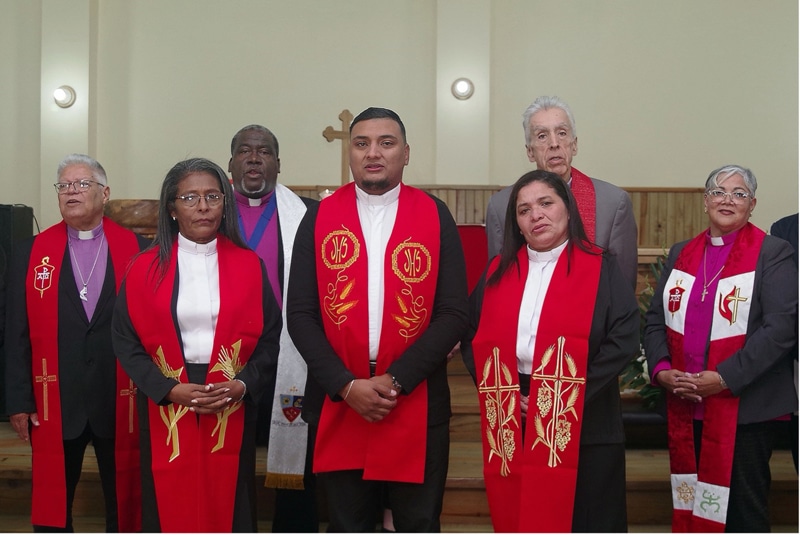“Life in the displaced camp is difficult…I am grateful for the support and life-saving food rations. It is comforting to know we are not alone.”
Furaha,* 55, a displaced mother with eight dependents.
HARARE, ZIMBABWE – A 30-year humanitarian crisis in Goma, eastern Democratic Republic of Congo, has led to the collapse of public institutions and the displacement of more than 4 million people in North and South Kivu since 2022 (UNHCR). Incursions from a Congolese Rwandan-backed paramilitary group known as M23 have forced people into overcrowded camps plagued by poor sanitation and outbreaks of communicable diseases.
Across the country, an estimated 130 such groups have forced people from their homes. UNHCR estimates that 6 to 7 million have experienced displacement, but statistics are difficult to pinpoint. Once activity quiets down in a particular place, people return, but some find their land and homes taken over by the occupying force, so they move again.
Amid this despair, United Methodist health and disaster response ministries have emerged as beacons of hope. From 2018 to 2025, UMCOR has granted $2.7 million in humanitarian support. A total of 27 projects, including relief distributions in Bunia, Kisangani, Beni, Uvira and 10 in Goma, have provided a steady rhythm of response for specific communities in Eastern Congo.
Trained and supported by the United Methodist Committee on Relief (UMCOR), the East Congo Disaster Management Office responds to crises, both natural and humanmade, providing ministries of relief and recovery.
Before external help arrived, the local church community took action. “With limited resources, we shared what little we had, offering shelter and spiritual support,” Bishop Gabriel Yemba Unda recalled. He is now retired after serving as bishop for Eastern Congo since 2012. “Through prayer and solidarity, we found strength to persevere.”
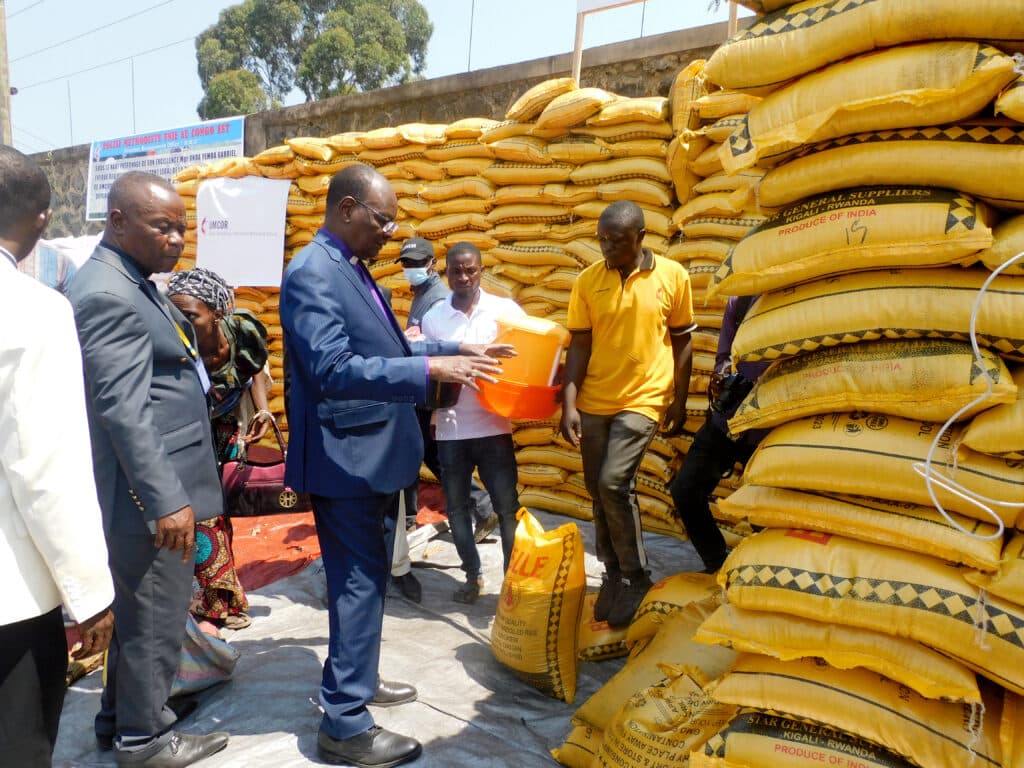
Grant funding transformed the response, providing food, shelter, hygiene kits, a solar-powered well improving access to clean water, psychological support and small income-generating projects “that are restoring life and hope,” the bishop said.
“The situation was critical”
The United Methodist interventions have been particularly important for many women traumatized by sexual violence.
Pregnant women and children have suffered most, facing hunger, health challenges, possible abuse, lack of shelter and intercultural tensions. Many women have suffered sexual violence, which is prevalent in the war-torn region.
For Marie 28,* a survivor of sexual violence, the support has helped bring healing. “Through psychosocial support groups, workshops, trauma management and empowerment, I am recovering each day,” she said. “The group sessions helped me understand that I was not alone. Together, we found strength to heal and support each other…our strength lies in the collective support you have funded.”
Aline* shared how economic empowerment changed her life. “Before the intervention, I was in a precarious and dependent situation, struggling to provide for my children,” she said. “Despite being a victim of sexual violence, I can now earn a living and have regained my dignity and respect. I have moved from being a victim to a proud provider.”
When the humanitarian efforts in Goma and surrounding areas began in 2018, “the situation was critical,” said Jean Matayao Tshomba, disaster management coordinator for eastern Congo. “People faced hunger, lacked shelter, and many were traumatized by rebel abuse. Natural disasters – floods, droughts, hurricanes and heat waves – worsened conditions.”
He cited the impact of the United Methodist Committee on Relief.
“Thanks to the generous support of The United Methodist Church’s traditional partner in eastern Congo, Global Ministries/UMCOR, over 20,342 people received food and non-food items worth more than US $2 million. This was done in close collaboration with United Nations agencies,” Tshomba said.
“There has been improvement in physical safety, mental stability and a foundation for reconstruction,” he said. “People can now focus on healing, education and employment.
“As the community became food secure, health and nutrition improved, productivity increased, and dignity and self-reliance were restored,” he added.
Restoring dignity
Beyond immediate relief, Tshomba emphasized economic empowerment. “Income-generating projects reduce poverty and dependency, allowing individuals to support their families. They also restore dignity and self-worth, especially for trauma survivors, by building community resilience.”
Furaha,* 55, was displaced with eight dependents. “My life was turned upside down. I became homeless and jobless. Life in the displaced camp is difficult. It is very complicated to feed my family. I am grateful for the support and life-saving food rations. It is comforting to know we are not alone.”
With her household of nine, Masika*, 45, was displaced from the Goma region to Beni. “The relocation enabled my family to settle down and start rebuilding our lives,” she said. “The children are going to school, we have a roof over our heads, food to eat and much-needed moral support to put smiles back on our faces.
“To UMCOR,” she added, “thank you also for your support; we can finally start living again.”
Coming back to life
Bishop Unda emphasized that the future of support in eastern Congo lies in empowering families, training youth in trades, ensuring sustainable water access and strengthening local capacities.
He expressed confidence in his successor, Bishop Antoine Kalema Tambwe – who took office in September – to carry forward this vision with dedication. “The spirit of continuity, unity and development remains at the heart of The United Methodist Church’s work,” Unda said.
Peace is essential for sustainable development and reconstruction, he said. “All our actions are in pursuit of this goal through prayer, dialogue and mobilization, so that justice and reconciliation may triumph.”
The presence of partners has helped break isolation, improve psychological resilience, enhance sanitary conditions and empower the most vulnerable to lead their own recovery. He added: “Communities are coming back to life – united, resilient and hopeful.”
*Full names and exact locations of beneficiaries changed.
Kudzai Chingwe is a communicator for the Zimbabwe East Conference. She collaborated with East Congo Conference communicators for reporting from Goma and surrounding areas.
The United Methodist Committee on Relief (UMCOR) international disaster response and recovery efforts serves as the primary channel for United Methodist assistance for disasters that strike outside of the United States. Global Ministries’ Global Health program concentrates on strengthening health systems through United Methodist health facilities and preventing, testing and treat those affected by preventable diseases, supporting the most vulnerable populations, including mothers, newborns and children.
You can make gifts to help UMCOR and Global Health provide for the basic needs of people and communities devastated by both natural and humanmade disasters.
